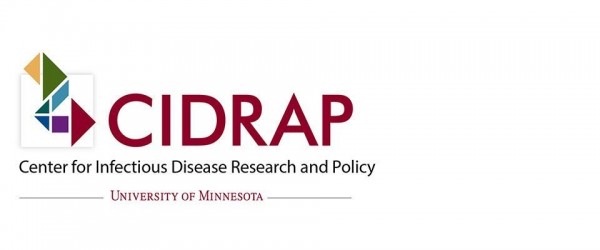
Editor's Note An actionable, evidence-based toolkit from the Agency for Healthcare Research and Quality (AHRQ), released in April 2025, aims to help curb the risk of methicillin-resistant Staphylococcus aureus (MRSA) and surgical site infections (SSIs), especially in high-risk orthopedic and cardiac procedures. As detailed in the AHRQ website, the “Toolkit…

Reduced costs, faster recovery, and other advantages can make outpatient surgical procedures more convenient for providers and patients alike. Ambulatory surgery centers (ASCs) are incredibly safe, but a lot of work goes into infection control. Cross-trained staff often wear many hats, and limited budgets may not leave room for dedicated…

Editor's Note A study analyzing data from 124,577 suspected sepsis cases across 236 US hospitals found that antibiotic de-escalation—switching to narrower-spectrum antibiotics or stopping broad-spectrum antibiotics—occurred in less than 30% of cases but was associated with improved patient outcomes, according to December 6 report from the Center for Infectious Disease…

Over 20 years ago, an article from Johns Hopkins published in The New England Journal of Medicine showed that Staphylococcus aureus decolonization of the nares can decrease risk of surgical site infections (SSI). Since then, nasal decolonization—the application of a topical antimicrobial or antiseptic agent to the nares—has been adopted…
Editor's Note This expert guidance document, sponsored by the Society for Healthcare Epidemiology of America (SHEA), updates the “Strategies to Prevent Methicillin-Resistant Staphylococcus aureus [MRSA] Transmission and Infection in Acute Care Hospitals” that were published in 2014. Among the updates: Recommendations are now categorized as Essential Practices that should be…